Top Habits That Can Seriously Damage Your Car Engine — And How to Avoid Them
Table of Contents
ToggleThe engine is the heart of your vehicle — the core component that powers everything. As the most vital part of a car, the engine deserves careful maintenance and thoughtful driving habits. However, many car owners unknowingly engage in behaviors that can shorten the engine’s lifespan or lead to costly repairs. In this article, we’ll explore the most damaging behaviors for car engines and provide tips on how to prevent them.
1. Skipping Scheduled Maintenance
One of the biggest threats to engine health is neglecting regular maintenance. When you purchase a new car, the dealership typically provides a maintenance manual. This handbook outlines essential service intervals, including oil changes, filter replacements, and other critical inspections. Following these recommendations helps extend the engine’s life and prevent unexpected failures.
-
Mineral oil: Change every 5,000 km or 6 months
-
Semi-synthetic oil: Change every 7,500 km or 6 months
-
Fully synthetic oil: Change every 10,000 km or 6 months
Even if your car sees very little use — under 5,000 km per year — an annual oil change is still necessary. Additionally, check your oil level every quarter to ensure it’s not running low. Long periods of inactivity can still degrade engine health due to oil deterioration and internal condensation.
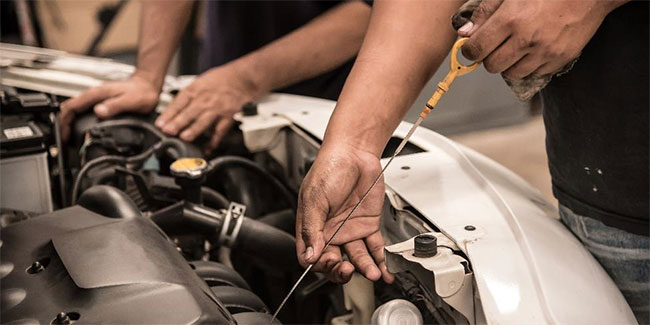
2. Infrequent Use and Short Trips
Surprisingly, not driving your car often can harm the engine. Cars that sit idle for long periods or are only used for short trips tend to accumulate moisture and carbon deposits inside the engine. Battery drainage, clogged injectors, and stale fuel are all common issues. For these vehicles, routine maintenance is not optional — it’s essential.
If you drive less than 2,000 km annually, you should still warm up the engine at least weekly and take it for a longer drive to ensure the oil circulates properly and prevents internal corrosion.
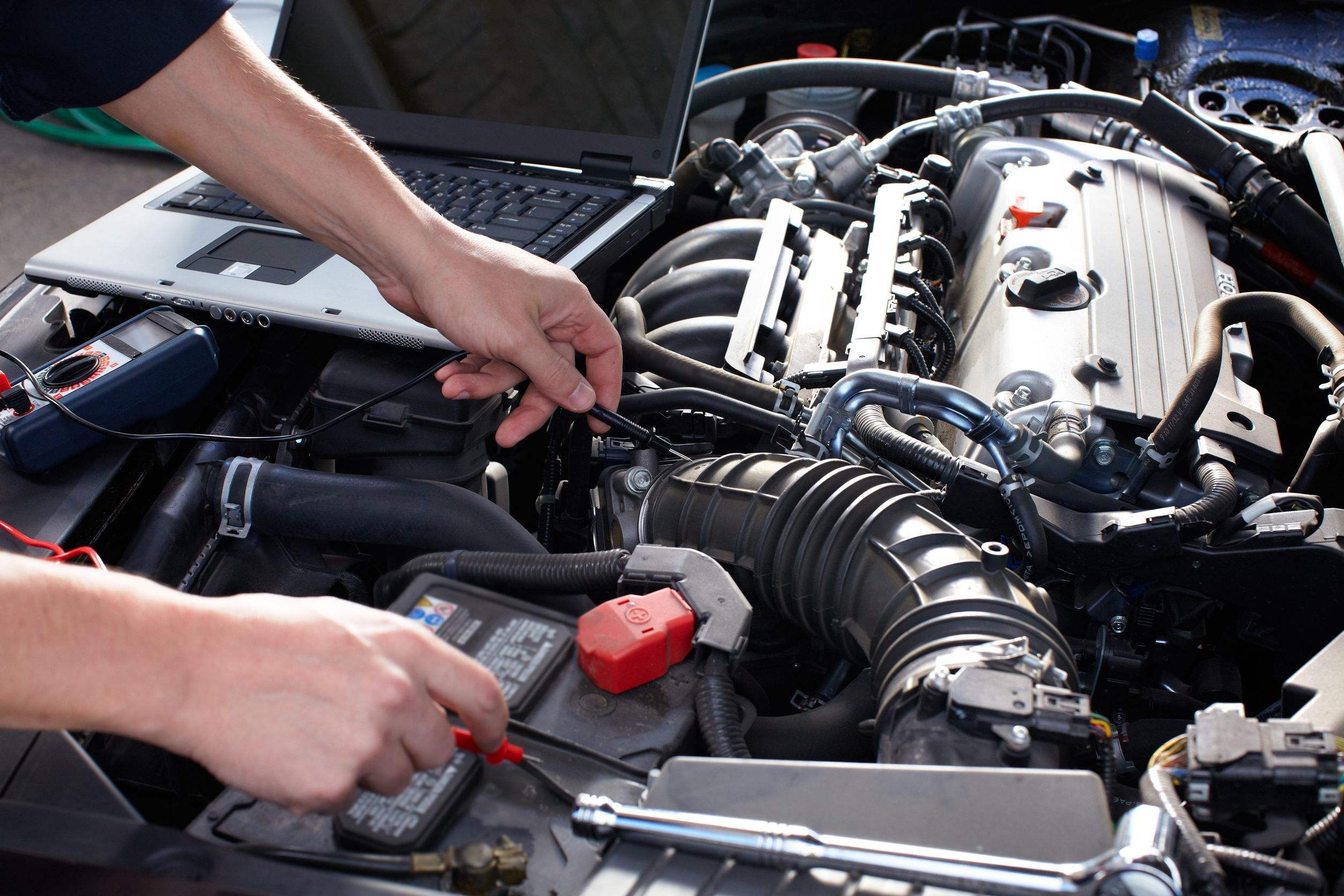
3. Excessive Engine Warm-Up Time
Cold weather brings with it a widespread myth: that idling your car for 10 minutes before driving is good for the engine. While it’s true that most engine wear occurs during a cold start, excessively idling the engine is harmful. Cold engine oil is thick and does not lubricate efficiently. Letting the car idle too long only delays the point at which the oil reaches optimal viscosity and flow.
What you should do instead:
Idle the engine for 30–60 seconds, then drive gently for the first few minutes. This warms the engine faster under light load and ensures proper oil circulation.
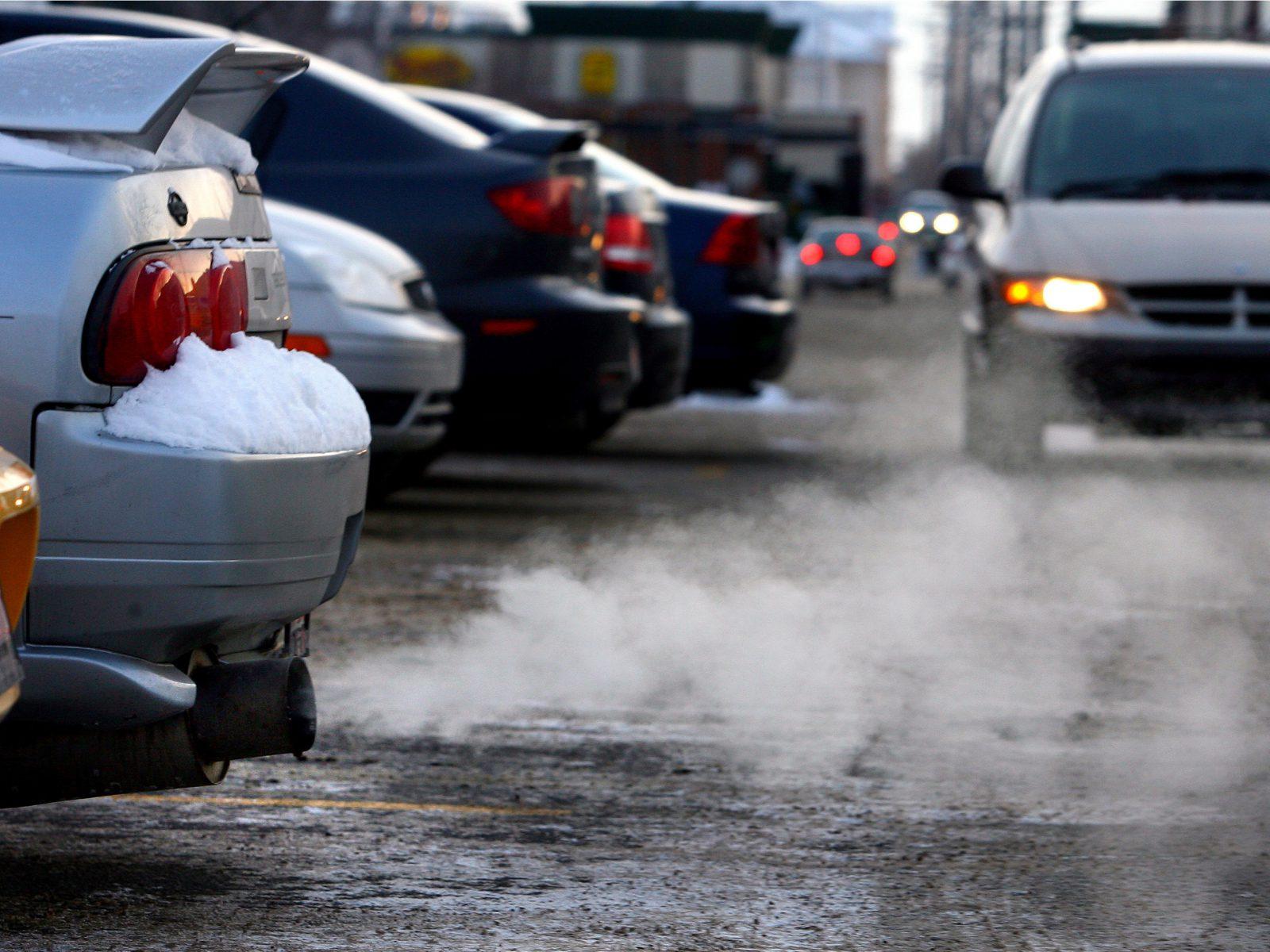
4. Frequent Cold Starts
Repeatedly starting a cold engine without allowing it to reach operating temperature places immense strain on internal components. Cold oil fails to protect moving parts, leading to accelerated wear, poor fuel combustion, and increased emissions.
Avoid multiple short trips back-to-back with cold starts. If possible, combine errands or allow longer drive times between stops to minimize cold engine use.
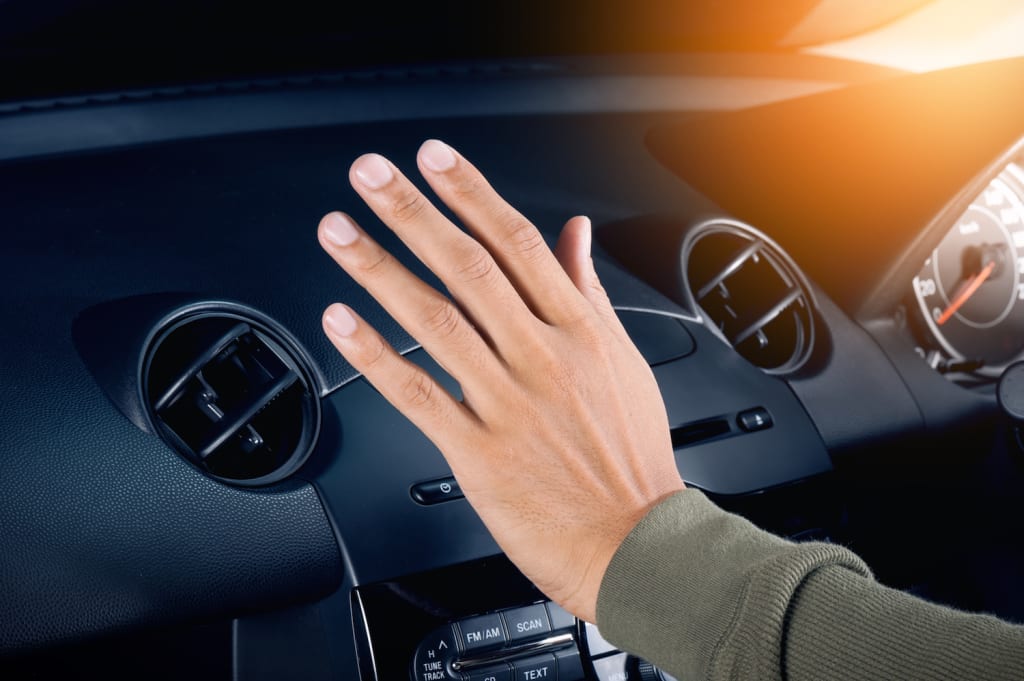
5. High RPMs and Aggressive Driving
Revving the engine hard or driving at high RPMs for extended periods can cause significant wear, especially if the engine isn’t fully warmed up. Continuous high-speed driving increases internal temperatures and component stress, hastening engine fatigue.
In vehicles with automatic transmissions, let off the gas occasionally to allow proper gear shifts. For manual cars, avoid “riding” low gears at high speeds — upshifting appropriately reduces strain and improves fuel economy.
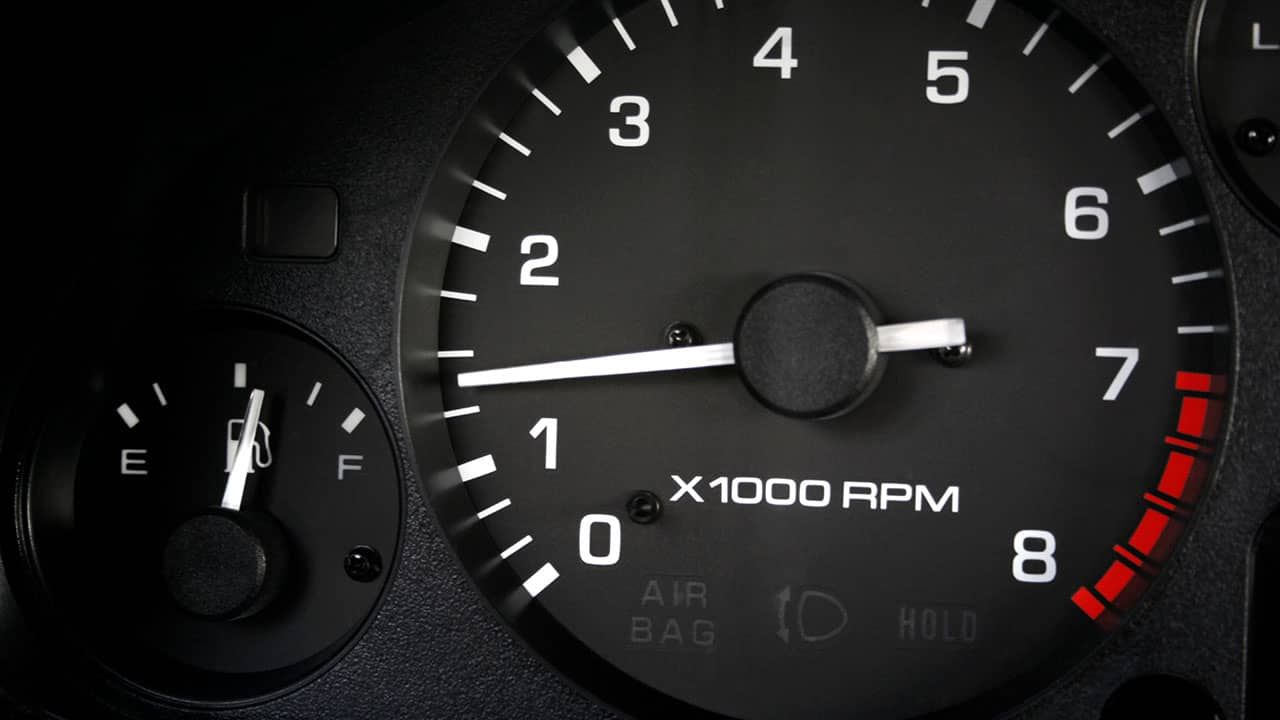
6. Overloading the Vehicle
Overloading your car — either with excessive passengers, cargo, or towing — forces the engine to work harder than it’s designed to. This can result in overheating, premature wear, and even engine knock if not managed properly. Keep an eye on your vehicle’s load rating and avoid exceeding it.
7. Ignoring Warning Signs
Engine warning lights, unusual noises, smoke, and even minor oil leaks should never be ignored. Addressing problems early can prevent small issues from turning into expensive repairs. Always consult a mechanic if something doesn’t feel or sound right.
Final Thoughts
Modern car engines are more durable than ever, but that doesn’t make them indestructible. Whether you’re driving a compact sedan or a heavy-duty diesel, how you treat your engine determines its performance and longevity. By avoiding the damaging behaviors listed above, you’ll save money, reduce emissions, and keep your car running smoothly for years to come.
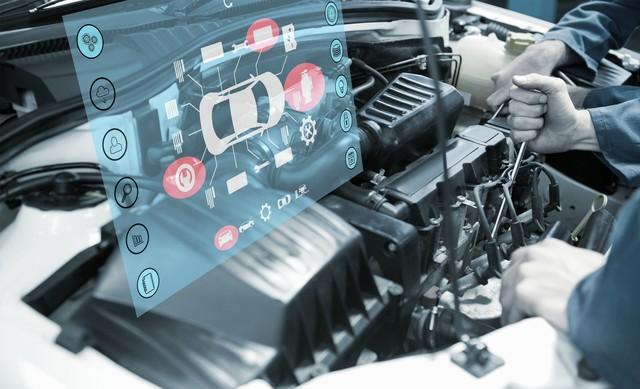




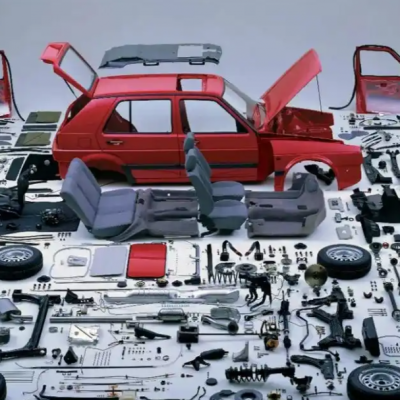
3 Comments
Greetings from Ohio! I’m bored at work so I decided to browse your site on my iphone
during lunch break. I really like the knowledge you present
here and can’t wait to take a look when I get home. I’m surprised at how quick your blog loaded on my phone
.. I’m not even using WIFI, just 3G .. Anyhow, very good site!
thank you Sir
Keep following us at http://www.yeahengine.com
We’ll be updating more about the engine. Hope it can help you.